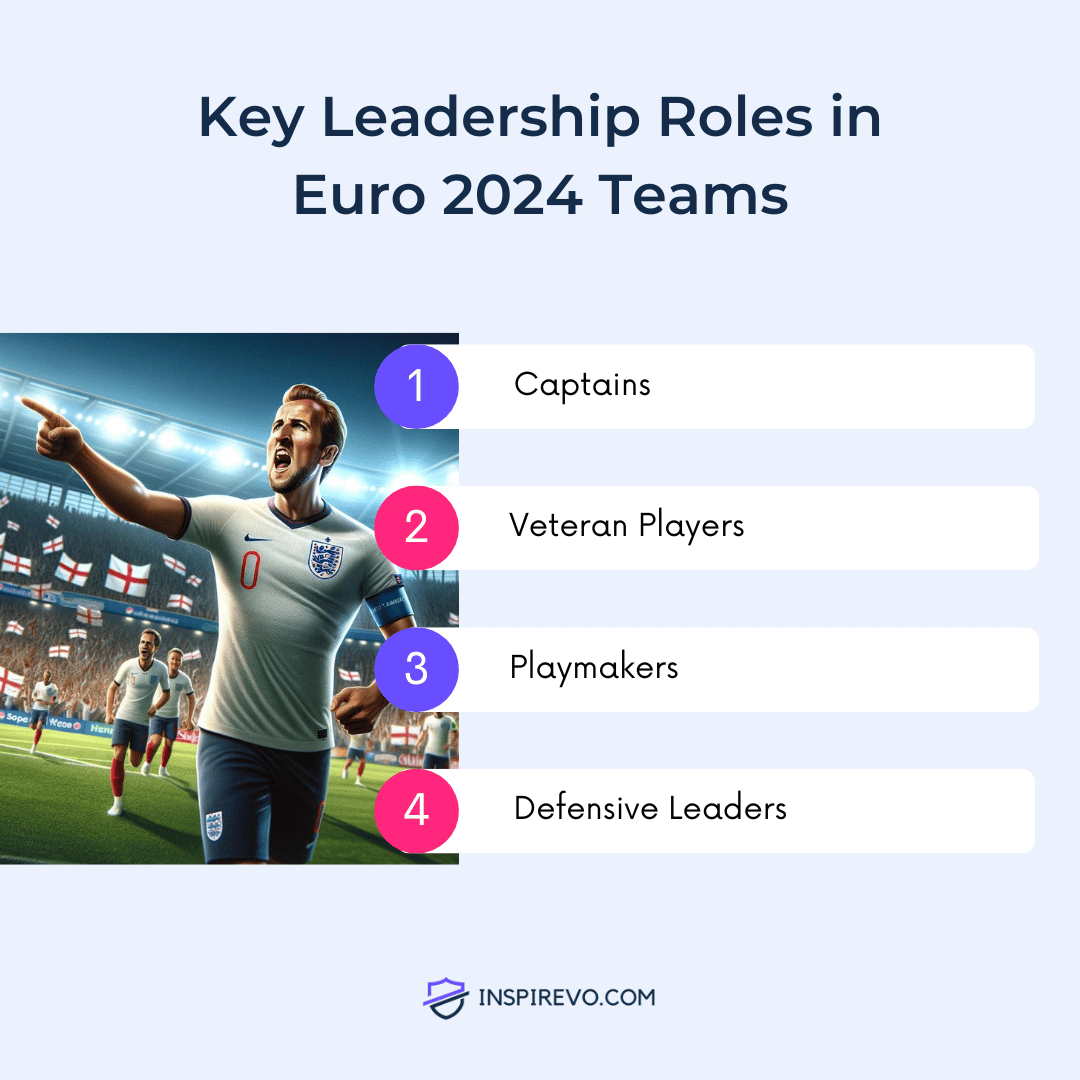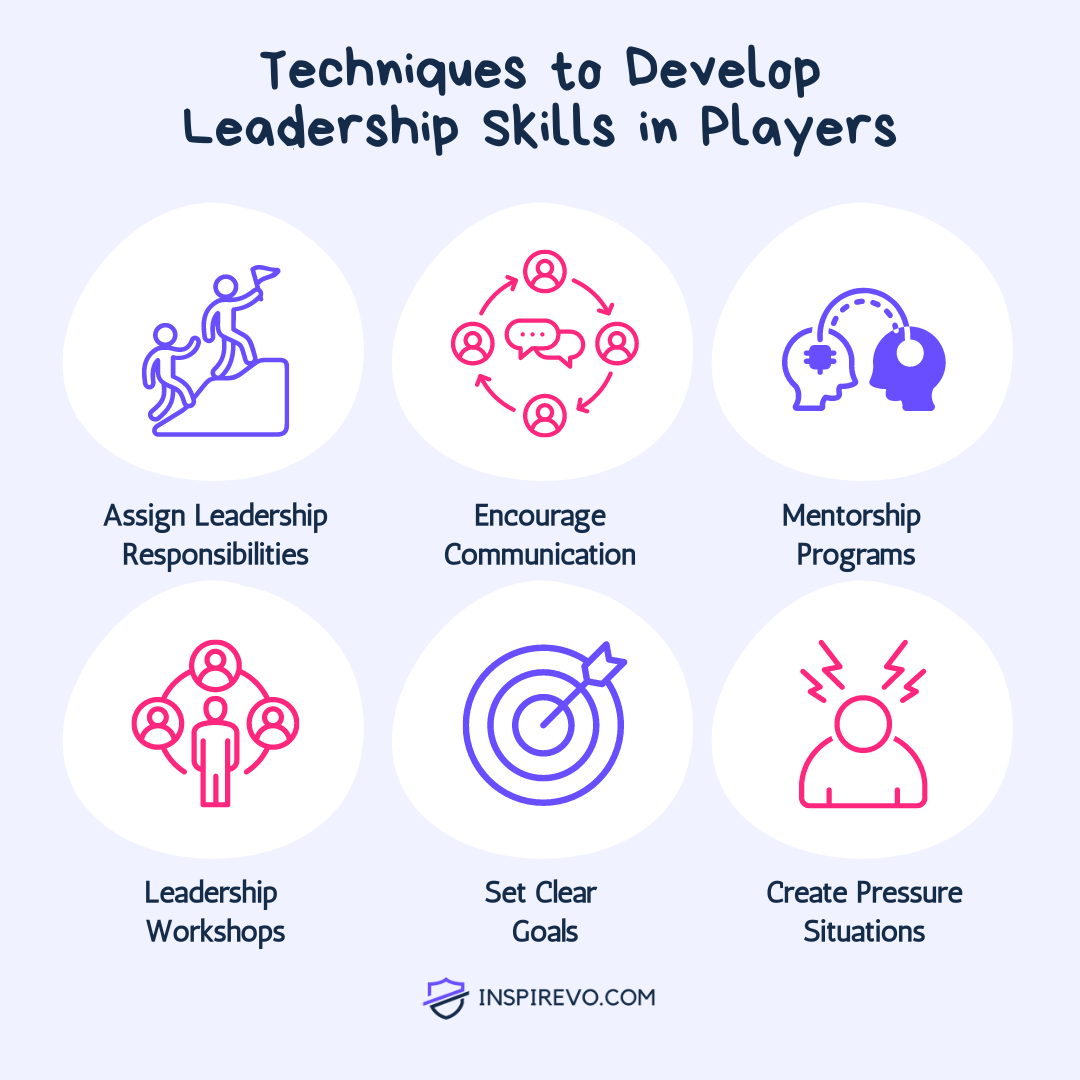
Write your awesome label here.
Developing Leadership on the Pitch: Preparing for Euro 2024
1. Introduction: Importance of Leadership in Soccer and the Upcoming Euro 2024
As the anticipation for Euro 2024 builds, soccer teams across Europe are gearing up for one of the most prestigious tournaments in the sport. Beyond technical skills and tactical prowess, leadership on the field will play a crucial role in determining the success of teams. Effective leadership can inspire a team, foster unity, and navigate the pressures of high-stakes matches. As we prepare for Euro 2024, it is essential for coaches to focus on developing leadership skills in their players to ensure they can rise to the occasion and perform at their best.
2. Anticipating Key Leadership Roles in Euro 2024 Teams
Leadership in soccer is not confined to the captain's armband. It is about having multiple leaders across the pitch who can influence and uplift their teammates. In Euro 2024, we can expect to see key leadership roles manifest in various forms:

Captains:
Traditionally, the team captain is the most visible leader, responsible for motivating players, making strategic decisions, and communicating with referees.
Traditionally, the team captain is the most visible leader, responsible for motivating players, making strategic decisions, and communicating with referees.
Empty space, drag to resize
Veteran Players:
Experienced players, even if not captains, often take on leadership roles by providing stability and wisdom. Their presence can be calming and their advice invaluable during critical moments.
Experienced players, even if not captains, often take on leadership roles by providing stability and wisdom. Their presence can be calming and their advice invaluable during critical moments.
Playmakers:
Players who control the flow of the game, such as midfielders, often lead by example. Their vision and decision-making can inspire confidence in their teammates.
Players who control the flow of the game, such as midfielders, often lead by example. Their vision and decision-making can inspire confidence in their teammates.
Empty space, drag to resize
Defensive Leaders:
Central defenders and goalkeepers frequently organize the team’s structure from the back. Their leadership ensures the team remains solid and focused, particularly under pressure.
Central defenders and goalkeepers frequently organize the team’s structure from the back. Their leadership ensures the team remains solid and focused, particularly under pressure.
Empty space, drag to resize
Empty space, drag to resize
By identifying and nurturing these key leadership roles within a team, coaches can ensure that leadership is a shared responsibility, enhancing overall team performance.
3. Techniques to Develop Leadership Skills in Players
Developing leadership skills in players is a multifaceted process that involves both on-field and off-field training. Here are several techniques coaches can use to cultivate these skills:

1. Assign Leadership Responsibilities
Rotate the captaincy in practice matches and minor games to give different players the experience of leading the team. This helps identify potential leaders and allows players to develop confidence in leadership roles.
Rotate the captaincy in practice matches and minor games to give different players the experience of leading the team. This helps identify potential leaders and allows players to develop confidence in leadership roles.
Empty space, drag to resize
2. Encourage Communication
Effective leaders communicate well. Encourage players to speak up during training sessions, discuss strategies, and provide feedback to their teammates. Role-playing different scenarios can also help players practice their communication skills.
Empty space, drag to resize
3. Mentorship Programs
Pair younger players with experienced veterans who can mentor them. This relationship can provide younger players with insights into leadership and professionalism both on and off the field.
Pair younger players with experienced veterans who can mentor them. This relationship can provide younger players with insights into leadership and professionalism both on and off the field.
Empty space, drag to resize
4. Leadership Workshops
Conduct workshops focused on leadership skills, including decision-making, conflict resolution, and emotional intelligence. These workshops can provide players with the tools they need to lead effectively.
Conduct workshops focused on leadership skills, including decision-making, conflict resolution, and emotional intelligence. These workshops can provide players with the tools they need to lead effectively.
Empty space, drag to resize
5. Set Clear Goals
Leaders are goal-oriented. Work with players to set individual and team goals, and encourage them to take ownership of these objectives. This fosters a sense of responsibility and accountability.
Leaders are goal-oriented. Work with players to set individual and team goals, and encourage them to take ownership of these objectives. This fosters a sense of responsibility and accountability.
Empty space, drag to resize
6. Create Pressure Situations
Simulate high-pressure scenarios in training to help players develop the ability to remain calm and make decisions under stress. This prepares them for the intense environment of tournaments like Euro 2024.
Simulate high-pressure scenarios in training to help players develop the ability to remain calm and make decisions under stress. This prepares them for the intense environment of tournaments like Euro 2024.
Empty space, drag to resize
4. Conclusion: Implementing Leadership Training Before the Tournament
As Euro 2024 approaches, the emphasis on developing leadership skills within your team cannot be overstated. By anticipating the key leadership roles that will emerge during the tournament and actively working to develop these skills in players, coaches can build a team that is resilient, cohesive, and capable of performing at the highest level.
Implementing leadership training should be a continuous process integrated into daily practices and team activities. By fostering an environment where leadership is valued and developed, teams can not only prepare for the challenges of Euro 2024 but also build a foundation for long-term success.
Self-Reflective Questions | Developing Leadership on the Field
Empty space, drag to resize
-
Leadership Development:
- How do I currently identify and nurture leadership potential in my players?- What are the key qualities I look for in a leader on the field?- How can I improve my methods for fostering leadership within the team? -
Communication:
- How effectively do I communicate with my players during training and matches?- In what ways can I enhance open and constructive communication among team members?- How do I handle communication breakdowns or misunderstandings within the team? -
Team Cohesion:- What strategies have I implemented to build team cohesion and unity?- How do I ensure every player feels valued and included?- How can I better support my team in developing strong interpersonal relationships?
-
Mental Resilience:- How do I currently prepare my players to handle pressure and setbacks?- What mental resilience training techniques can I incorporate into my coaching?- How do I model resilience and a positive mindset for my team?
-
Conflict Resolution:- How do I address conflicts when they arise within the team?- What proactive measures can I take to minimize conflicts?- How can I improve my conflict resolution skills to maintain a harmonious team environment?
Self-Directed Task | Leadership Development Plan
Empty space, drag to resize
1. Identify Potential Leaders:
Reflect on your current team and identify 2-3 players who show leadership potential. Consider their communication skills, ability to inspire others, decision-making under pressure, and overall influence on the team.
2. Set Leadership Goals:
For each identified player, set specific, measurable goals for their leadership development. These goals could include leading a training session, handling a particular team responsibility, or improving their communication skills.
3. Create a Leadership Development Program:
Design a program that includes the following components:
Mentorship: Pair the potential leaders with experienced team members or external mentors who can provide guidance and support.
Workshops: Organize workshops focused on leadership skills, such as decision-making, conflict resolution, and effective communication.
Feedback Sessions: Regularly provide constructive feedback on their leadership performance. Encourage self-reflection and open discussion about their experiences and challenges.
Practical Experience: Give these players opportunities to lead during practice sessions, friendly matches, or team meetings. This practical experience is crucial for their development.
4. Evaluate and Adjust:
After a set period (e.g., a month), evaluate the progress of each potential leader. Gather feedback from other team members and observe any changes in the team's dynamics.
Adjust the leadership development program based on this evaluation. Continue to support and challenge your potential leaders to help them grow.
Empty space, drag to resize

